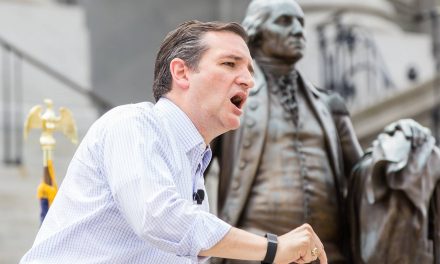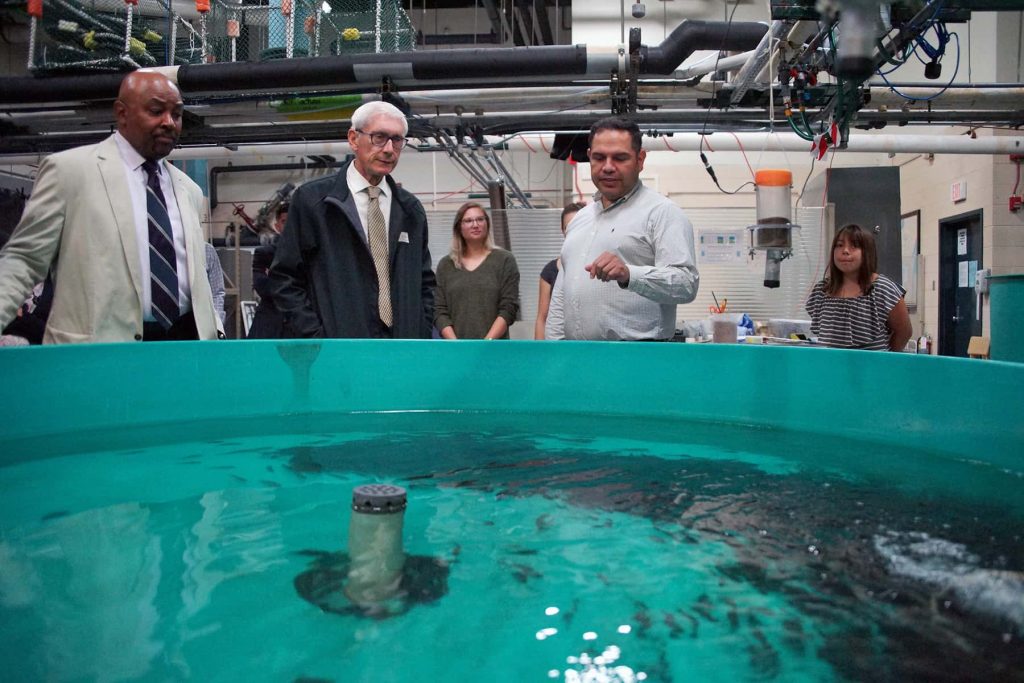
Guarding the independence of the press is essential to maintaining truth as a common good. And truth is essential to democracy.
As Thomas Jefferson wrote, “[W]ere it left to me to decide whether we should have a government without newspapers or newspapers without a government, I should not hesitate a moment to prefer the latter.”
Yet the press’s freedom and independence are under siege, and a growing segment of the public no longer trusts the major media. Distrust was on the rise even before Donald Trump’s demagoguery. On the eve of the 2016 presidential election, only 18% of Americans said they had high trust in the national news media, according to the Pew Research Center.
Contrast this with American opinion 44 years before. In 1972, in the wake of investigative reporting that revealed truths about Vietnam and Nixon’s Watergate scandal, 72% of Americans expressed trust and confidence in the press.
Why the precipitous decline? Partly because much of the media has been focused on maximizing profits, catering to what is popular or sensational rather than what citizens need to know. This has transformed journalists from investigators and analysts offering serious news to “content providers” competing for attention.
A Tyndall Report study found that in the 2008 presidential election the major TV networks devoted a total of 220 minutes to reporting candidates’ positions on issues of public policy. Four years later, the networks allocated 114 minutes to policy. In 2016, by late October, they had devoted a total of just 32 minutes.
The popular and sensational are also driving social media, where some 68% of the American public now gets its news.
Donald Trump’s presidency marks the culmination of these trends. Schooled in reality television and New York tabloids, Trump understands how to drive ratings and get attention. As the 2016 presidential race heated up, Leslie Moonves, CEO of CBS, admitted the Trump phenomenon “may not be good for America, but it’s damn good for CBS.”
Trump’s lies and ongoing attacks on his critics in the media score points with his base but at the expense of a weakened democracy. If a large enough portion of the public comes to trust Trump’s own words more than the media’s, Trump can get away with saying – and doing – whatever he wants. When that happens, democracy ends.
How, then, can print and broadcast news rebuild public trust? Publishers and editors must demonstrate to the public that their news stories are produced accurately and intelligently by following five principles.
First, news-gathering and reporting must be independent of executives who represent the interests of shareholders.
Second, media outlets should clearly state their processes for checking facts and correcting errors, and ensuring that the public is made aware of corrections.
Third, they must separate facts and analysis from opinions and advocacy.
Fourth, they must inform readers and viewers of any news or news-gathering that is funded by organizations with a stake in what’s reported.
Social media should make clear which content is paid for and by whom, as well as the sources of all non-paid content, including the names and addresses of individuals responsible.
Fifth, they should have ombudsmen to investigate public complaints about their coverage, along with public editors who serve as paid in-house critics.
Even with all this, there is also a need for at least some truly independent newspapers and media outlets, like the Guardian, financed not by commercial sponsors or any party with a financial or other interest, but which exist solely to serve the public.
These steps are necessary not only to rebuild public trust but also to restore the media to its rightful place in our democracy and protect the truth as a common good.
Originally published on The Guardian as Facts are under siege. Now, more than ever, we need to invest in journalism
Help deliver the independent journalism that the world needs, make a contribution of support to The Guardian.













